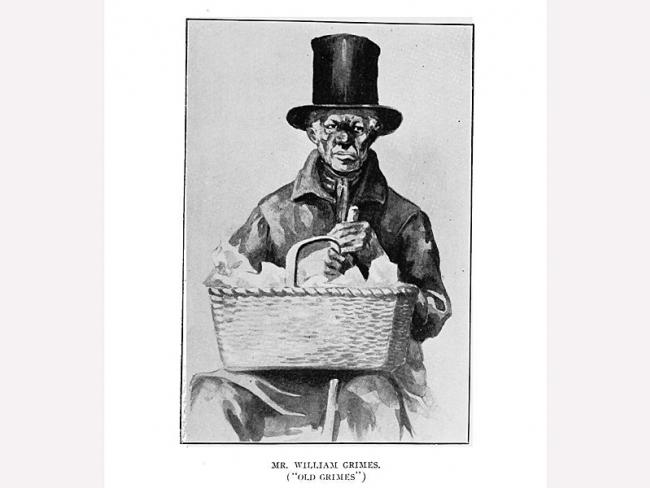Podcast: Play in new window | Download
Subscribe: Apple Podcasts | Spotify | RSS | More

“It was my great desire to read easily this book. I thought it was written by the Almighty himself. I loved this book, and prayed over it and labored until I could read it. I used to go to the church to hear the white preacher. When I heard him read his text, I would read mine when I got home. This is the way, my readers, I learned to read the Word of God when I was a slave. Thus did I labor eleven years under the impression that I was called to preach the gospel of Jesus Christ, the ever-blessed God.” — Rev. Peter Randolph, 1855
For enslaved Americans, literacy was a path to freedom.
Those who could write forged the “tickets” that both enslaved and free blacks needed to move about. Some of these tickets took enslaved people all the way to free states, and even to Canada.
Literacy provided spiritual freedom. It enabled people in bondage to read the whole Bible, and not just the sections that enslavers quoted. The Bible represented liberation, both on earth and in eternity. Enslaved Christians identified with the Israelites, whom Moses led out of Egypt and into the Promised Land.
And in sharing their stories, people who had escaped slavery hoped to awaken sympathy in their fellow Americans and achieve freedom for all enslaved people.
This is the final episode in a three-part series on enslaved Americans’ pursuit of literacy. I have relied on several sources, but used the following most heavily–
Additional Sources:
Born in Slavery: Slave Narratives from the Federal Writers’ Project, 1936 to 1938
University of North Carolina’s North American Slave Narratives Collection
